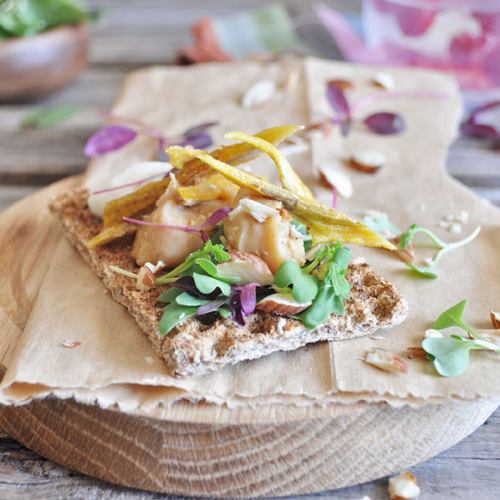 A whole-grain food contains every part of the grain, including the outer layers, the bran and germ. Refined grains however, thinking white flour, are milled; removing the bran and germ, causing a loss in dietary fibre and protein, along with at least seventeen key nutrients.,
A whole-grain food contains every part of the grain, including the outer layers, the bran and germ. Refined grains however, thinking white flour, are milled; removing the bran and germ, causing a loss in dietary fibre and protein, along with at least seventeen key nutrients.,
Eat Whole-grain
A 2014-study reported that the overall quality of child’s diet is better if they consume whole-grains. At least three servings of whole-grains are recommended daily. Whole-grain intake has consistently shown a lower risk of obesity. Not only that, but they digest slower, making blood sugars rise gradually and result in longer-lasting energy. Examples include whole oats, rye, barley, Ryvita and brown rice.
Nutritional Benefits to my Child
Dietary Fibre helps tummies to function properly and reduces constipation. It may also play a role in weight control and appetite. Aim for at least three grams of fibre per serving, one serving of Ryvita Crispbread contains at least 3g of dietary fibre.
B-vitamins are essential for a healthy nervous system. Your child’s body needs vitamins B1, B2 and B3 to convert and produce energy from fats and carbohydrates.
Whole-grains contain minerals like zinc, iron and magnesium. Iron helps transport oxygen in the blood, zinc helps boost immunity, while magnesium builds strong bones and releases energy from muscles. ,
Next time your kids want a snack, look to nutritious whole-grain snacks. Ryvita offers a quick whole-grain snack that’s simple to take with you and fits both the tastes of adults and children alike.,
Summarised CV: Megan Pentz-Kluyts RD (SA)
Megan Pentz-Kluyts RD(SA) is a registered dietitian with a Masters in Nutrition. She also owns her own Nutrition Consultancy where the scope includes consulting to various clients in the Food Industry, both locally and internationally on nutrition and assistance with food labelling.
